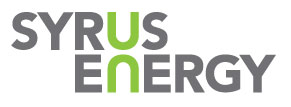Syrus Energy has been established to advise clients in relation to anaerobic digestion (AD) plants throughout the UK and to provide energy and utility services.
We have the expertise to tackle every stage of the development from initial concept through to providing advice on building and operating a facility.
Syrus provides expert advice and support for AD projects throughout England, Wales, Scotland and Northern Ireland.
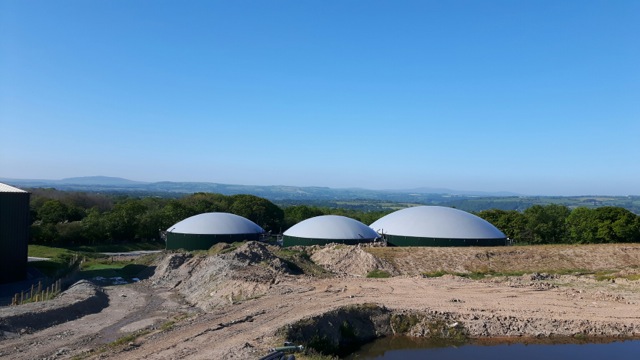
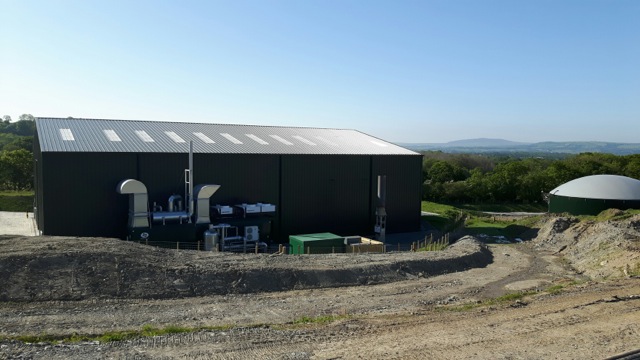
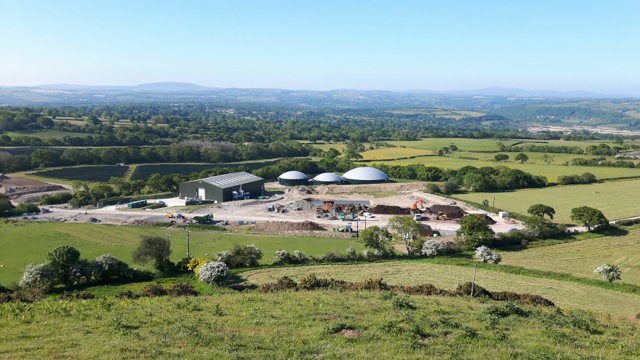
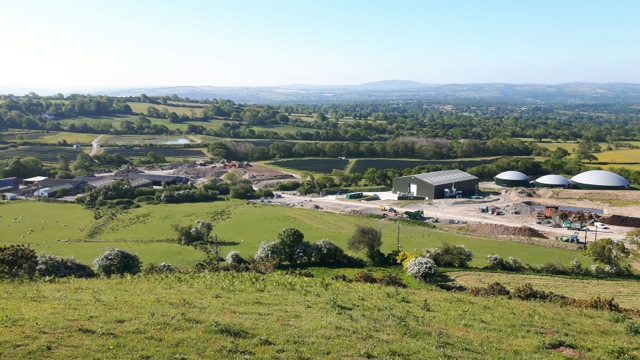
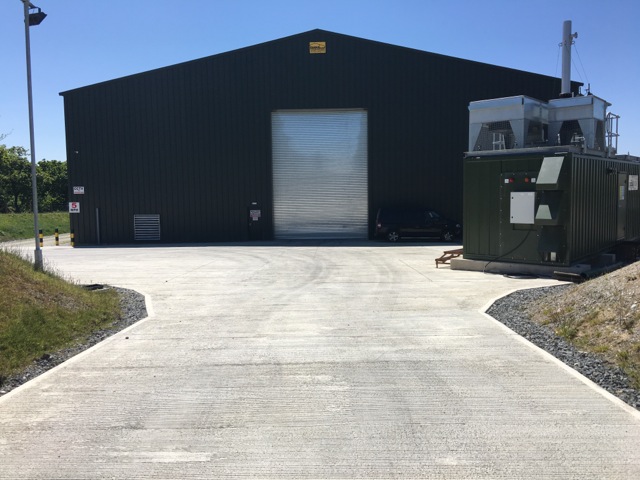
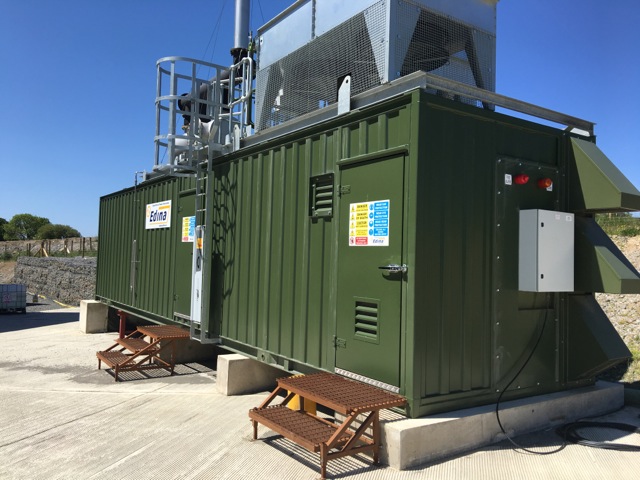
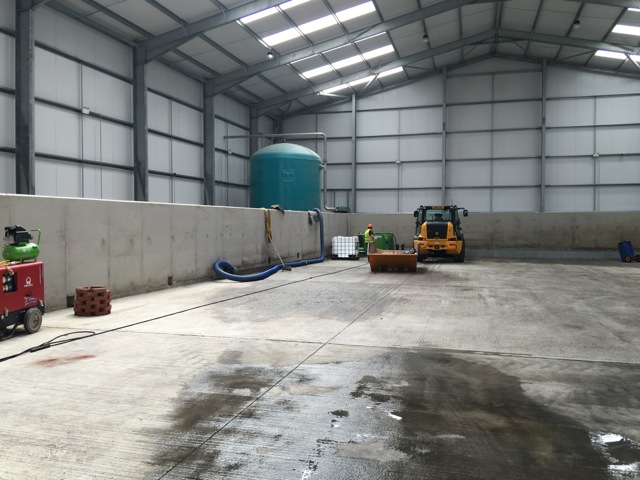
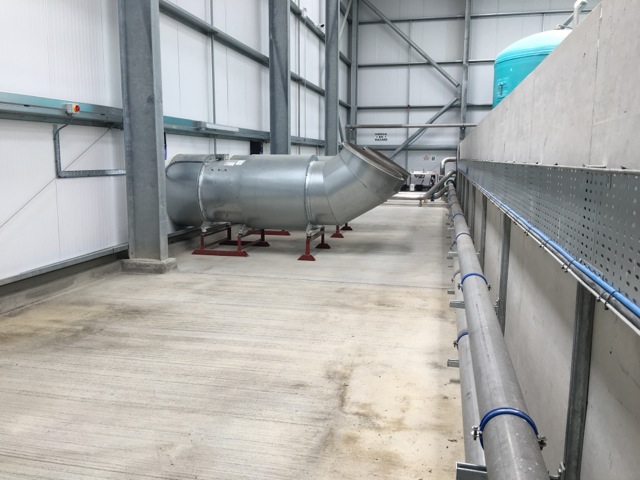
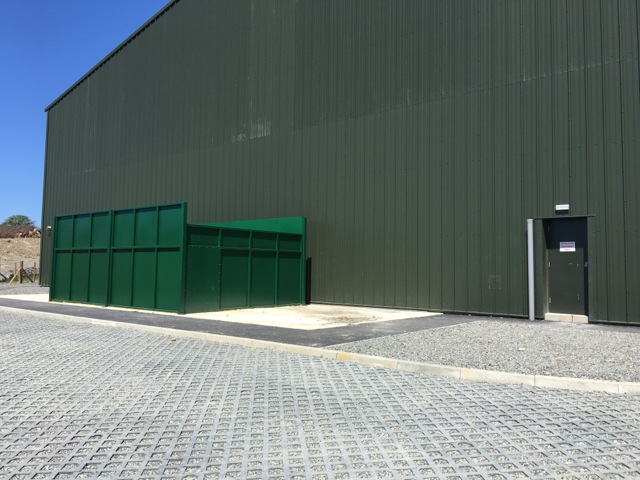
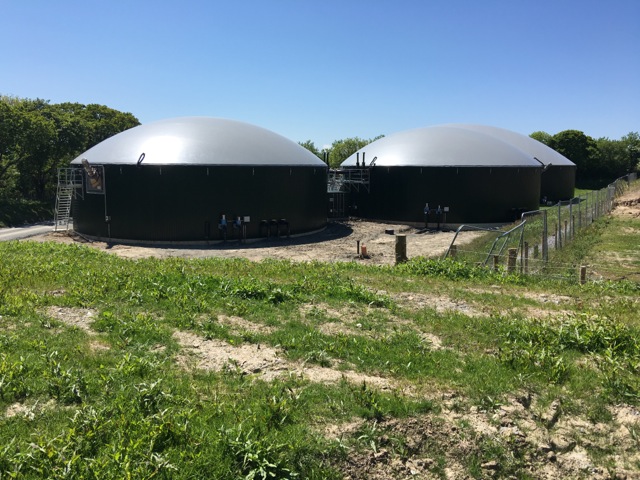
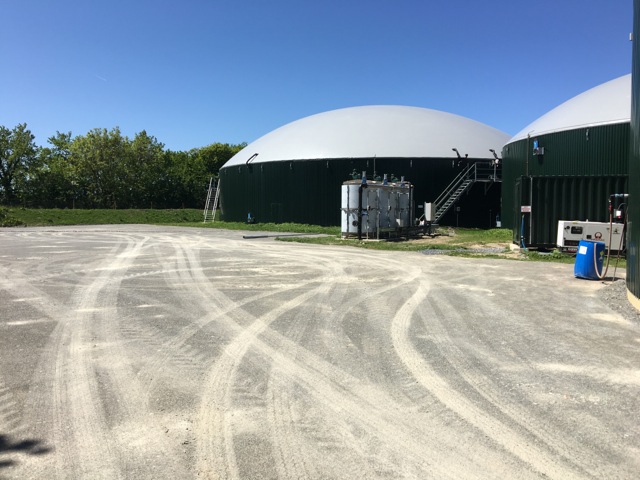
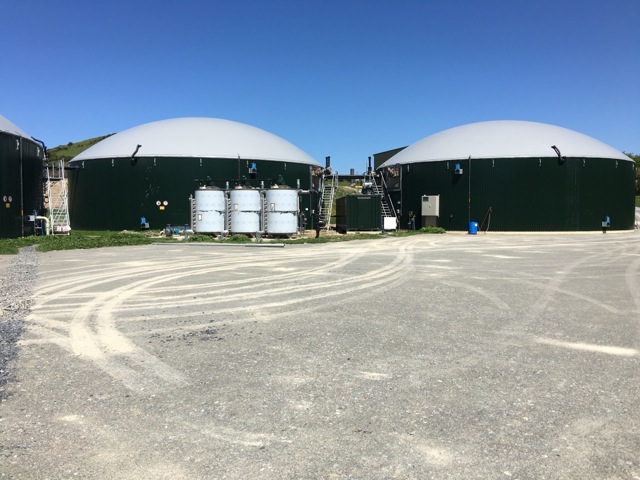
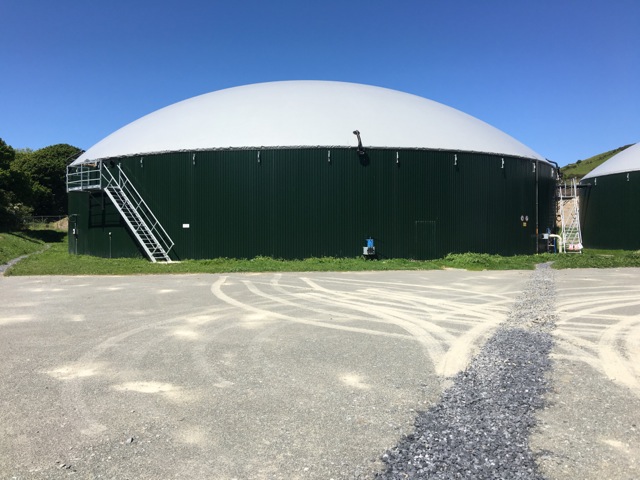
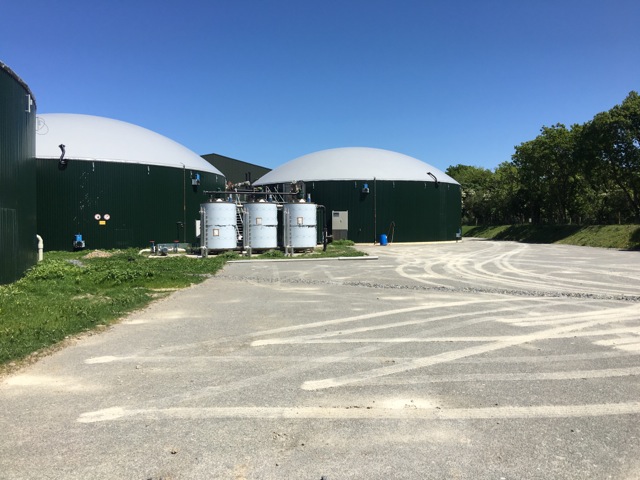
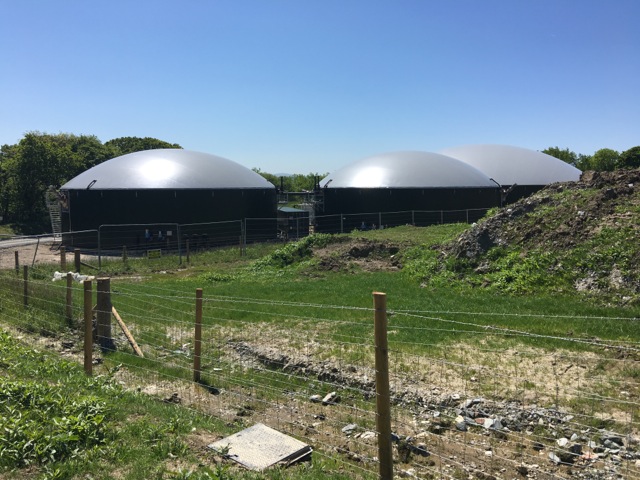
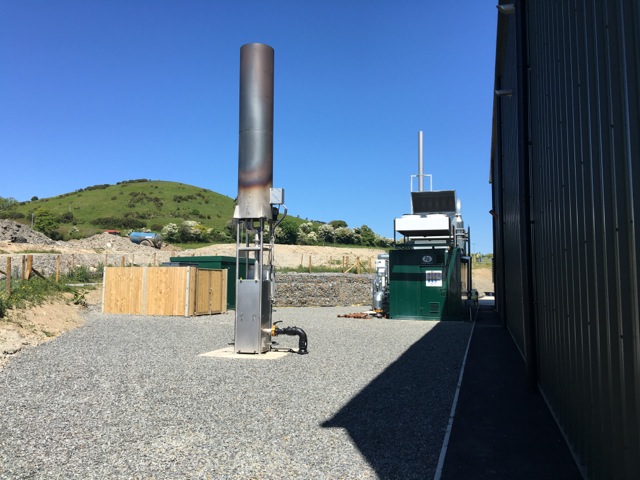
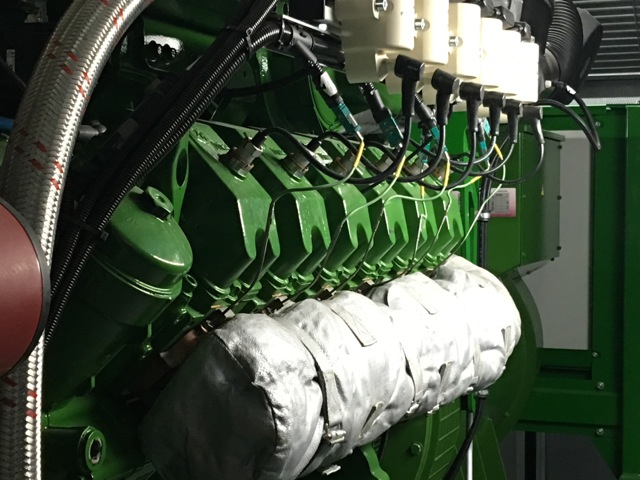
The UK Coalition has published a ‘joint Government and Industry Anaerobic Digestion Strategy and Action Plan for England’. They have stated that they believe the UK Anaerobic Digestion (AD) market should produce 3 -5 Terawatt hours by 2020 To facilitate the roll-out of this capacity the government introduced index linked Feed in Tariffs that guarantee prices over 20 years. A guaranteed income stream over 20 years presents a very attractive investment opportunity for investors, both debt and equity providers.
Anaerobic Digestion along with Hydro are the only two renewable technologies that currently qualify for the Enterprise Investment Scheme (EIS).
Syrus is keen to play an extensive role in providing advice to developers of AD plants (having already been retained for a number of AD plants in the short time that Syrus has been operating).
We would be keen to talk to developers who are looking for opportunities in a sustainable renewables energy sector.
Background
The UK Coalition has published a ‘joint Government and Industry Anaerobic Digestion Strategy and Action Plan for England’. They have stated that they believe the UK Anaerobic Digestion (AD) market should produce 3 -5 Terawatt hours by 2020. To facilitate the roll-out of this capacity the government introduced index linked Feed in Tariffs that guarantee prices over 20 years. One of the key sectors for AD is farm based.
Syrus acts as the key advisor to developers intending to construct, own and operate farm scale AD plants in the UK. Under the Syrus model, Syrus will provide advice on all costs associated with the construction, ownership and operation of the AD plants. The landowner, farmer or the developer makes a parcel of land available for the AD plant under a long-term lease and receives guaranteed, long-term rental payment in return.
An AD plant can have both a financial and operational benefit to a farm business. However, developing and running an AD plant requires substantial investment and commitment and Syrus is on hand to provide technical and backup support. If you are interested in considering this investment opportunity each party would have certain responsibilities.
Syrus’ responsibilities
Before we can proceed with any project, Syrus would evaluate your site to consider various factors that will affect the site’s viability. We will consider factors such as the site’s proximity to a suitable grid connection, your ability to produce feedstock and ease of access to the site. Once we are satisfied that the site is viable we will enter into contract negotiations with you. Syrus’ responsibilities would typically include:
Carrying out a risk analysis
Identifying a suitable technology provider
Completing a planning application
Managing, on behalf of the developer, the construction and commissioning of the AD plant
Negotiating and managing all commercial contracts (including power purchase agreements for electricity exports, site operational agreements, grid connection contracts and feedstock supply contracts)
Your responsibilities
There are opportunities for you to manage certain operational aspects of the plant as part of your on-going farming operations. These can be done under a separate operational agreement. In certain circumstances, Syrus will pay you to carry out the responsibilities under this agreement. These responsibilities typically included:
Feeding feedstock into the AD plant
Monitoring the AD plant and collecting operational data
If you require use of the digestate, Syrus can negotiate terms on which you can use the digestate in which case you will be responsible for taking the digestate from the AD plant
If you wanted to use the waste heat, this could also be negotiated. Depending on the circumstances and the size of the heat load required, you would be responsible for installing and operating the necessary infrastructure.
